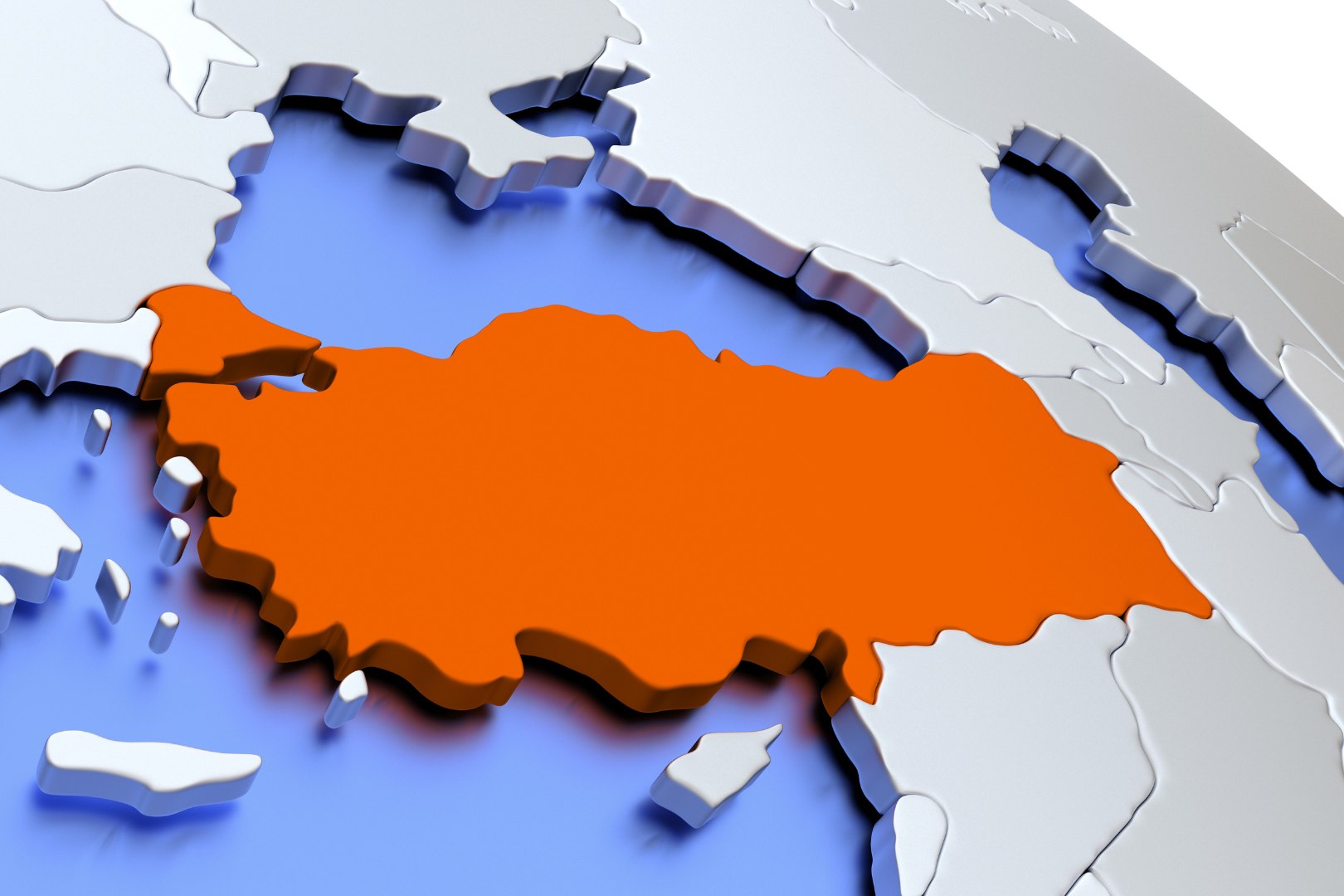
Human Rights Violations in the Supply Chain: Child Labour and Modern Slavery
Fikret SebilcioğluEvery year on June 12th, the World Day Against Child Labour is observed to raise global awareness of this issue.
Child labour remains an unresolved human rights concern in the 21st century. Hidden deep within global supply chains, these violations continue to represent one of the most visible and painful faces of modern slavery. With this article, I aim to highlight the true dimensions of child labour and the responsibilities of the business world.
The Harsh Face of Modern Slavery: Child Labour in the World and in Turkey
Child labour is not only a violation of a child’s right to education; it also seriously harms their physical, mental, and emotional development. It is recognized as one of the most prevalent and visible forms of modern slavery. When considered alongside practices such as forced labour, debt bondage, and human trafficking, child labour not only creates personal tragedies but also threatens social justice, equality, and sustainable development.
According to Eğitim-İş’s 2025 report, approximately 160 million children worldwide—1 in every 10—are being exploited as cheap labour, severely impacting their physical and psychological well-being. In Turkey, under growing economic pressure, it is estimated that around 1 million children are currently engaged in child labour.
How Did Modern Slavery and Child Labour Enter the Business Agenda?
Although human rights advocates and international organizations have long called attention to child labour and modern slavery, these issues only began to systematically enter the business agenda in the 2010s. Several key developments contributed to this shift:
- 2011 – United Nations Guiding Principles on Business and Human Rights (UNGP): These principles clearly defined the responsibility of businesses to respect human rights and prevent adverse impacts, bringing modern slavery directly under focus.
- 2015 – UK Modern Slavery Act: This pioneering legislation imposed obligations on companies to combat forced labour and human trafficking—including child labour—within their supply chains, raising business awareness significantly.
- 2018 – OECD Guidelines for Responsible Business Conduct (RBC): These guidelines offered both ethical and operational frameworks for businesses in combating forced labour and child labour within the human rights context.
- 2023 – Germany’s Supply Chain Due Diligence Act: This recent law mandates large companies to identify, prevent, and report human rights violations—especially child labour, forced labour, and modern slavery—within their direct and indirect supply chains.
- Proliferation of ESG and sustainability reporting standards: Investors and regulators increasingly require disclosure of human rights risks like modern slavery and demand measures to address them.
What Are Companies’ Responsibilities in Combating Modern Slavery and Child Labour?
These international principles, legal frameworks, and standards impose a variety of obligations on companies, including identifying, preventing, monitoring, and reporting human rights violations such as child labour and forced labour:
- Risk identification and assessment: Companies are expected to systematically identify points of risk for child labour and forced labour within their operations and supply chains. This analysis should be based on factors such as country risk, sector risk, product risk, and workforce characteristics.
- Policy and procedure development: Companies should develop clear, binding policies prohibiting modern slavery and child labour and ensure these are communicated to and embedded in contracts with suppliers.
- Supplier selection, auditing, and monitoring: Due diligence processes and on-site inspections should be conducted, especially for suppliers operating in high-risk countries or sectors.
- Awareness training for employees and suppliers: Awareness-raising training on child labour and modern slavery should be provided to both company employees and supplier workers.
- Whistleblowing mechanisms: Companies should establish secure and confidential reporting channels for violations such as child labour or forced labour and make these accessible to all stakeholders.
- Corrective action and enforcement mechanisms: In response to identified violations, companies are expected not only to replace the supplier but also to implement corrective action plans and follow through on remediation efforts.
How Are Modern Slavery and Child Labour Violations Hidden?
The most common methods used to conceal these violations within companies are as follows:
- Manipulation of data and documentation: Modern slavery and child labour practices are often concealed through falsified documents. Companies or suppliers may manipulate payrolls, age records, working hours, or labour documentation to evade audits. This overlaps with internal fraud schemes such as document forgery, undeclared employment, and ghost workers.
- Deliberate weakening of audit mechanisms: Corruption is a central enabler of modern slavery. In some cases, bribes may be offered to local officials to overlook violations. These unethical collaborations can involve both public authorities and private sector actors.
- Lack of transparency in the supply chain: In multilayered and complex supply chains, knowingly overlooking or failing to audit illegal labour used by subcontractors carries both ethical and legal risks. This willful ignorance may become an unethical business model.
- Non-reporting or covering up of violations: The failure to report cases of modern slavery or child labour within a company—especially when such information is deliberately concealed at senior management levels—poses both an internal control breach and a serious fraud risk.
- Red Flags for Modern Slavery and Child Labour
These violations are often not directly observable but can be identified through specific warning signs. Key red flags companies should monitor may include:
- Inconsistencies in employees’ identity or age documentation
- Extreme working conditions (e.g., excessive overtime, extremely low wages)
- High levels of cash payments or off-the-record employment (e.g., off-the-record wage payments or use of unregistered workers)
- Lack of transparency in the supply chain (e.g., limited knowledge of subcontractors or suppliers)
- Employer control over workers’ housing or transportation
- Employees unable to speak the local language or understand their contracts
- Absence or ineffective use of whistleblowing mechanisms
- Use of third-party recruiters in hiring processes
Final Words: Protecting Human Dignity
Modern slavery and child labour are global human rights violations affecting many countries, including Turkey. By implementing practices that protect human dignity at every link in the supply chain, companies can play an active role in addressing this global issue. Every conscious step taken in the business world contributes to a safer future for children and vulnerable individuals.
I would like to end with a powerful statement once expressed by a world leader—perhaps the most fitting message for the World Day Against Child Labour:
“Protecting the homeland begins with protecting the children.”
– Mustafa Kemal Atatürk
Source:
Eğitim-İş – 2025 Report on Rising Child Labour in Turkey







